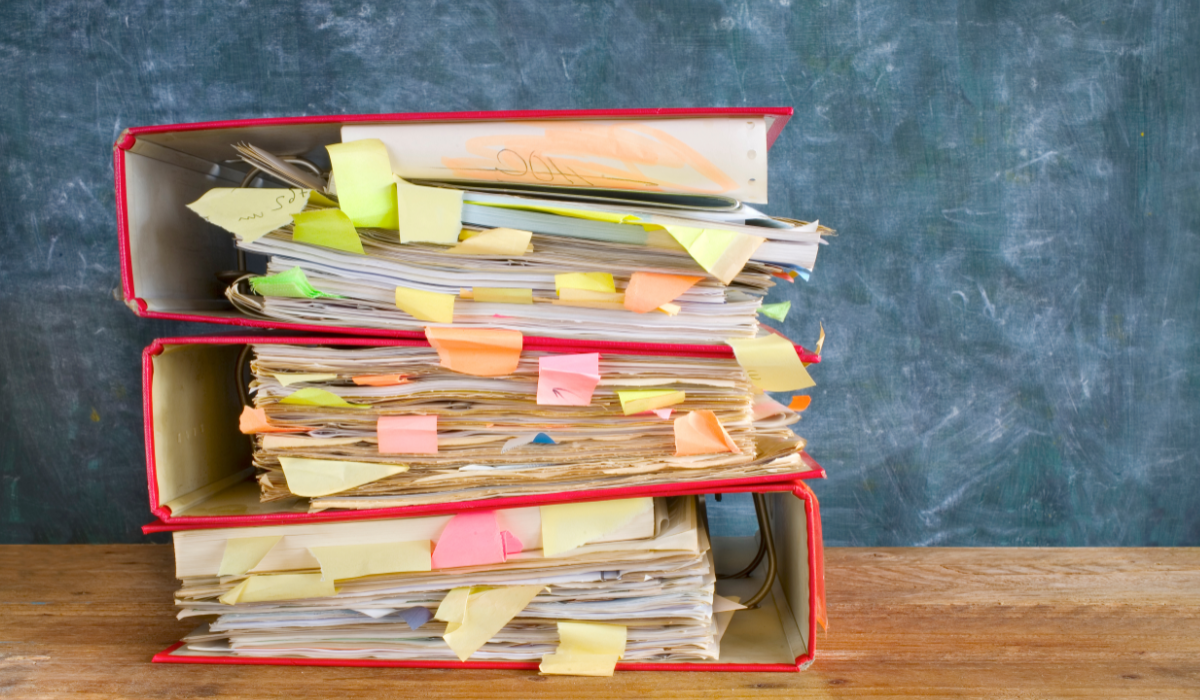Special education generates a large amount of paperwork. Keeping information organized can help you be better prepared for meetings and stay up to date on your child’s progress.
Education records to keep include:
• Multidisciplinary Evaluation Team (MET) reports
• Individualized Education Program (IEP) documents (current and past)
• Progress reports and goal updates
• Notes from IEP meetings and conversations with team members
• Records of telephone calls made, emails sent, and meetings attended
• Records of home-school communication
• Signed release of information forms
• Meeting notices
• Copies of assessments and evaluations, including those done outside of school
• Report cards
• Statewide and district-wide assessment scores and reports
• Samples of schoolwork
• Attendance and health records
• Behavior reports (including assessments, bus reports, visits to the office, detentions or suspensions)
• Awards received
If it’s not in writing it doesn’t exist.
Throughout your child’s school years, there will be times that you need to communicate with the school system about your child’s education. Put it in writing. If you have a dispute with the school, it’s important to have written documentation to support your position. This is commonly called a paper trail.
First, think about why you are writing a letter and how to clearly convey your message.
- Communicating With Your Child’s School Through Letter Writing NICHCY Legacy
- Requesting a Meeting to Review Your Child’s IEP CPIR (includes sample)
- The Art of Writing Letters Wrightslaw
Sometimes a letter needs to be written to make a formal request. Here, we have several sources for sample letters.
- RespectAbility Sample Letters from RespectAbility Law Center
- SAC Sample Letters from Student Advocacy Center
Parents have the right to inspect and review any educational record of their child that the school system (or other agencies) collects, maintains, or uses with respect to the identification, evaluation, and educational placement of your child; and the provision of FAPE (a free appropriate public education) to your child.


